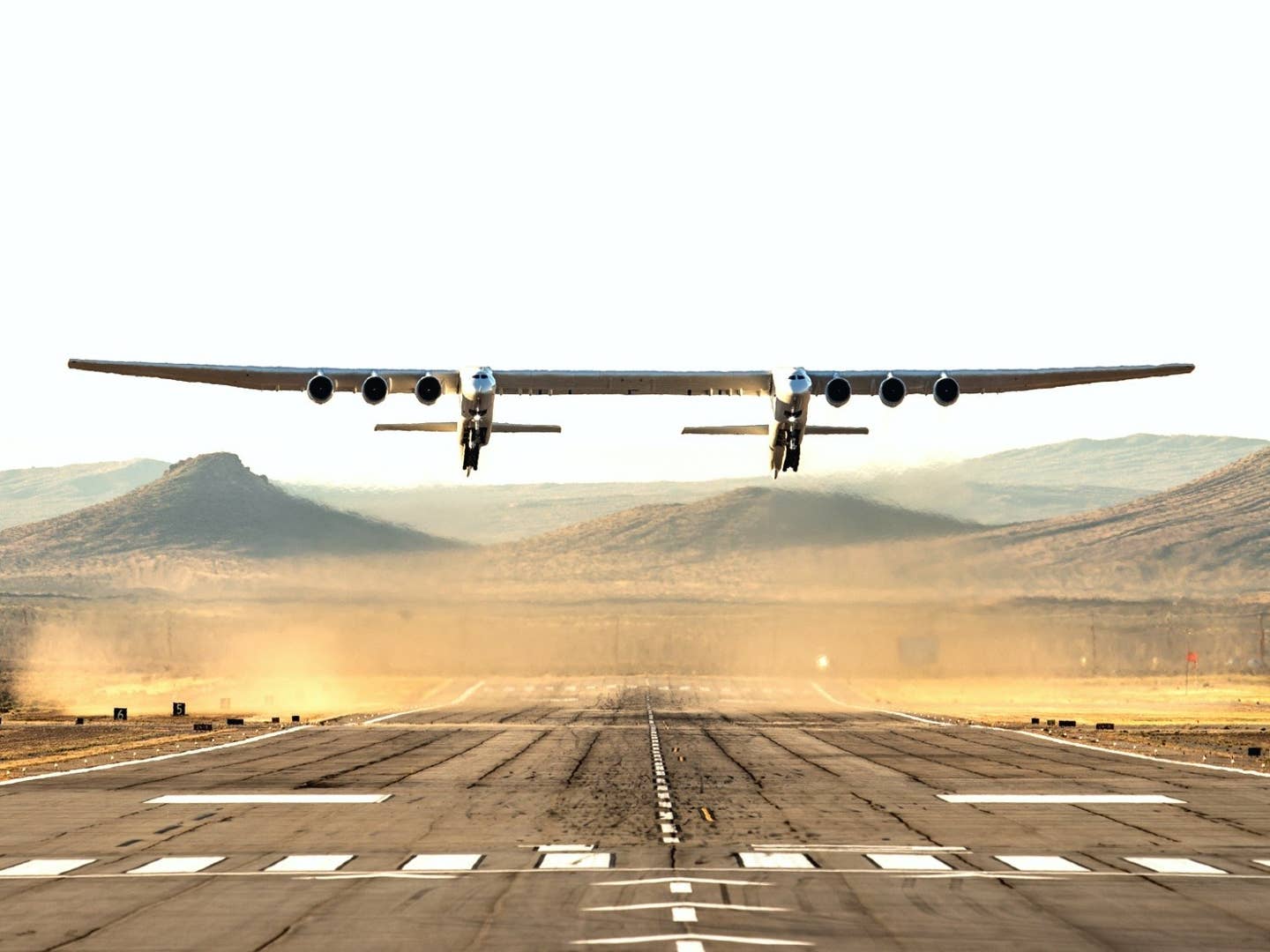Fenced-off Skies
The U.S. Department of Homeland Security Tuesday raised its “national threat level” from Elevated to High risk of terrorist attack (for those of you with color vision, that’s Level Orange). What it means to you: Waivers that allow access to the 15-mile “no-fly” zone around Washington, D.C., will be suspended, security officials told AOPA and EAA Tuesday afternoon. Also, waivers for sport stadium overflights will be suspended, and Tipton Airport in Fort Meade, Md., will be re-established as the gateway for aircraft flying into the three GA airports in the D.C. area (College Park, Hyde Field, and Potomac Airport). At Tipton, TSA staff will screen aircraft and passengers. Pilots were asked to exercise extra vigilance in and around airports, and to carefully check NOTAMs before flying. Enjoy the new rules in all their glory on the FAA’s Special Interest NOTAMs page.
Orange Alert Affects D.C. Airspace, Sports Events...
The U.S. Department of Homeland Security Tuesday raised its "national threat level" from Elevated to High risk of terrorist attack (for those of you with color vision, that's Level Orange). What it means to you: Waivers that allow access to the 15-mile "no-fly" zone around Washington, D.C., will be suspended, security officials told AOPA and EAA Tuesday afternoon. Also, waivers for sport stadium overflights will be suspended, and Tipton Airport in Fort Meade, Md., will be re-established as the gateway for aircraft flying into the three GA airports in the D.C. area (College Park, Hyde Field, and Potomac Airport). At Tipton, TSA staff will screen aircraft and passengers. Pilots were asked to exercise extra vigilance in and around airports, and to carefully check NOTAMs before flying. Enjoy the new rules in all their glory on the FAA's Special Interest NOTAMs page. In a statement, Homeland Security Secretary Tom Ridge did not specifically mention aircraft as a means of attack, but said tactics to be used against "soft targets" could include "small arm equipped assault teams, large vehicle borne improvised explosive devices, and suicide bombers." He added that "there is not credible, specific information with respect to targets or method of attack." Ridge noted that all citizens should be vigilant during public events and in crowded areas, and implied that the raised threat level would persist at least through the holiday weekend. "For all Americans, we recommend that you continue with your plans for work or leisure," Ridge said. If your plans include flying an airplane in the D.C. area, though, that could be tough to do.
...While Mainstream Fears Persist...
The enemy wears a mask and there are those who think that mask looks just like ... you. An editorial in last Thursday's USA Today characterized small aircraft as a high-risk threat to homeland security but drew a quick response from GAMA prez Ed Bolen. The newspaper said that "little has been done to prevent attacks by the nation's 200,000 private aircraft" and pilots can "elude detection" easily. Bolen quickly fired off a response, saying that plenty has been done to enhance GA security. He told the editorial board about the Airport Watch program, the federal rule mandating that pilots must carry a photo ID, and new restrictions on foreign-registered GA aircraft. "The Department of Homeland Security and the general aviation industry are working together to analyze and assess the threats to our nation and define appropriate security measures," Bolen wrote.
...And DC-3 Airports Find Ways To Adapt
Even before this week's latest round of restrictions, the "DC-3" GA airports near Washington, D.C., lost more than $8 million. They are struggling to survive, but none is giving up, The Washington Post reported Monday. The three small airports -- Potomac Airfield, Washington Executive Airport/Hyde Field, and College Park Airport -- were closed for six months after 9/11, and then saddled with security rules that restricted access. With the "threat level" heightened again, it's clear those restrictions are not going to ease anytime soon. Nevertheless, the owners of Potomac and Hyde Field say they're not looking to sell out and they're finding ways to adapt. "We've always been an upbeat, progressive location," Potomac co-owner David Wartofsky told the Post. "There are still occasionally hiccups, but nothing earth-shattering." Wartofsky said he's adopted new marketing strategies and makes sure airport users are kept abreast of the regulations. At Hyde Field in Clinton, Md., developers have made offers to buy up the property, but the owner declined. Airport manager Stan Fetter told the Post the field could survive as a GA business. "Nobody wants to sell out at this point," Fetter said. "We're doing the best we can, and we still think we have the ashes of a viable airport." College Park Airport is publicly owned and subsidized.






